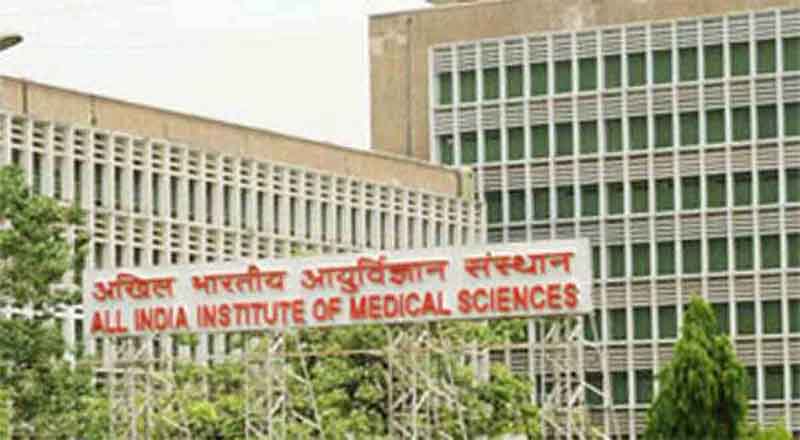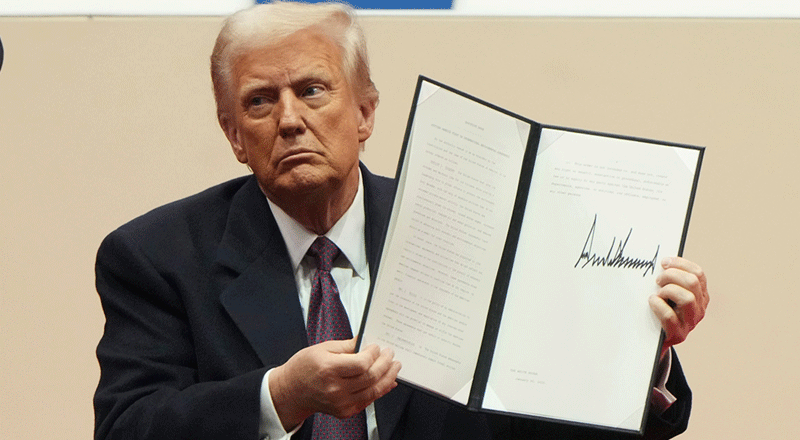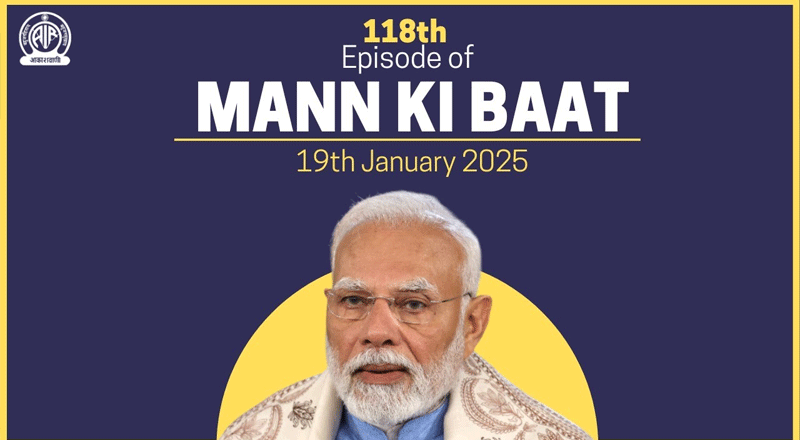In order to strengthen the Government of India’s efforts to reduce COVID-19 mortality, AIIMS New Delhi has started a video-consultation program with ICU doctors across the country called e-ICU on 8th July, 2020. The program aims at holding case-management discussions among doctors who are at the frontline in treating COVID-19 patients in hospitals and COVID facilities around the country. Physicians who manage COVID-19 patients including those in the ICUs can raise queries, present their experience and share knowledge with other physicians and experts from AIIMS, New Delhi on this video platform. There are about 43 Big Hospitals in 11 States Covered So far
The primary objective of these discussions is to reduce mortality from COVID-19 by learning from shared experience and strengthening best practices among hospitals with 1000 beds including isolation beds, oxygen supported and ICU beds. Four sessions have been held till date covering 43 institutions {Mumbai (10), Goa (3), Delhi (3), Gujarat (3), Telangana (2), Assam (5), Karnataka (1), Bihar (1), Andhra Pradesh (1), Kerala (1), Tamil Nadu (13)}.
Each of these sessions conducted through Video Conference span over 1.5 to 2 hours. The discussions have covered the entire range of issues related to management of COVID-19 patients. Some of the important issues that have been stressed upon are the need for rational use of ‘Investigational Therapies’ like Remdesevir, convalescent plasma and Tocilizumab. The treating teams have discussed the current indications and possible harm due to their indiscriminate use and the need to limit social-media pressure based prescriptions.
The use of proning, high flow oxygen, non-invasive ventilation and ventilator settings for advanced disease have also been a common discussion point. The role of various testing strategies in diagnosing COVID-19 has also been an important topic of shared learning.
Issues such as the need for repeat testing, admission and discharge criteria, management of post discharge symptoms, and return to work have been addressed.
Some of the other common concerns have been the methods of communication with patients, screening of health-care workers, managing new-onset diabetes, uncommon presentations such as stroke, diarrhoea and myocardial infarction etc. The team from AIIMS, New Delhi was able to act as a bridge for new knowledge from one group to the other at each VC, apart from advising from its own experience and the extensive literature reviews done by the domain experts.
The “e-ICU’ video consultation program in the coming weeks would cover ICU doctors from smaller healthcare facilities (i.e. those having 500 beds or more) across the country.





